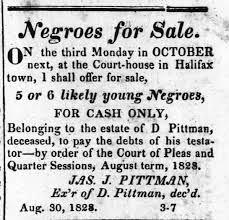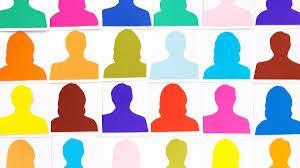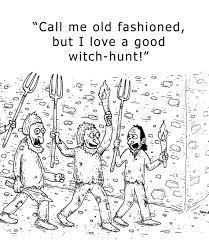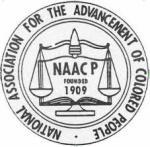A recent local newspaper story* reports a Schenectady council meeting, where one member touted the election of a nonwhite council president, rejoicing in the body’s diversity, including two “colored — people of color.” He almost said “colored people” before catching himself.

The relevant linguistic background is fraught.** “Colored people” once was a term they themselves preferred, as the polite one. Eventually it acquired a demeaning odor and was supplanted by “Negro.” That word echoes a past paradigm classifying people into three races — “negroid,” “caucasoid,” and “mongoloid.” (It’s not really that simple, nor even is the concept of “race” scientifically coherent.)

Then “Negro” was discarded and “black” became the chosen word. Even though it too had designated slaves. At least “black” is English, rather than Spanish. Though brown might be more apt — as well as unfreighted with historical baggage.
Next it was “African-American.” A bit of a mouthful, but possessing a certain verity, since most people so described do have African ancestry, albeit usually far in the past.
And so we come to “people of color.” I generally believe in calling people what they want to be called. But I’m frankly baffled by this latest rehabilitation of old words once considered derogatory. “People of color” does perhaps entail a nuance of putting “people” first; and whereas “colored people” typically implied just African ancestry, “people of color” today encompasses all non-caucasians.

True, the two terms can have different meanings depending on who uses them and why. But political correctness tends to put that cart before the horse, with inferences drawn from the bare words alone, regardless of context. What it’s really all about is people setting themselves up as paragons of right-thinking, while wrong-footing others, as offenders against purity, consigning them to outer darkness.

The absurdity here rises to dizzying heights, when it’s not even about something the man said, but what he almost said. Nevertheless, that was sufficient pretext for those who relish the deliciousness of taking offense.

* https://www.timesunion.com/news/article/Councilman-s-remarks-rankle-some-members-of-14960079.php
**Here’s a good article discussing it: https://www.npr.org/sections/codeswitch/2014/11/07/362273449/why-we-have-so-many-terms-for-people-of-color
